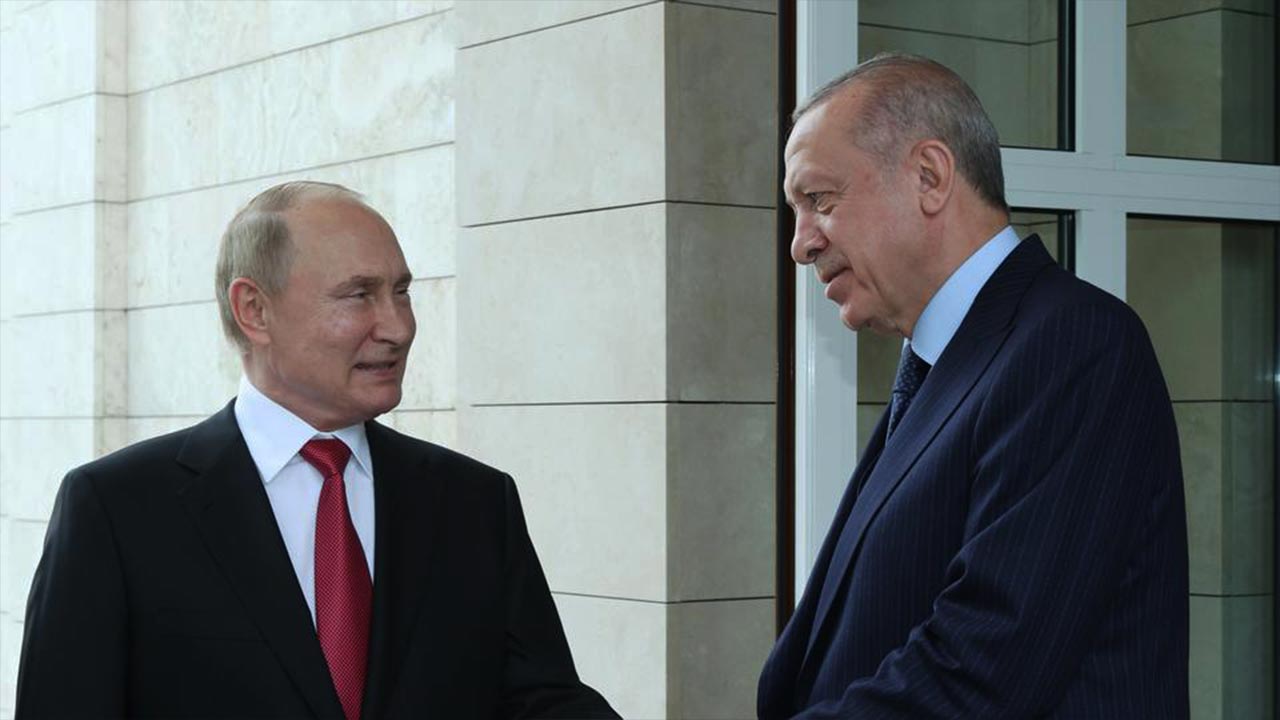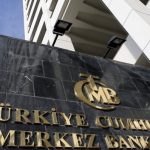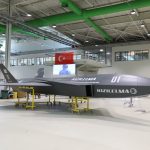Turkey’s mercurial president, Recep Tayyip Erdogan, is in political difficulty before elections next year, with his economy imploding, a central bank nearly out of foreign exchange and volcanic inflation running at about 80 percent annually.
President Vladimir V. Putin of Russia has his own troubles, with the war in Ukraine bogging down and tough economic sanctions hitting Russia’s industry and broader economy.
The mutual challenges have pushed the two men closer together than ever. They have met twice in the last three weeks, most recently last weekend in Sochi, Russia, hoping to lessen their vulnerabilities by expanding their partnership and agreeing, Mr. Erdogan said, on economic cooperation that he hoped would total $100 billion.
It is a relationship that raises the hackles of Mr. Erdogan’s NATO allies, as he provides Mr. Putin a sizable hole in the dam of sanctions the West has tried hard to build in its effort to stymie Mr. Putin’s war in Ukraine. Some wonder where Mr. Erdogan’s real loyalties lie, beyond his own self-interest.
There is little doubt that, for now, the bond is proving to be mutually beneficial, as details of their negotiations emerge in the aftermath. For Mr. Putin, the benefits include energy and arms sales, investment and a close connection to a member of NATO, which is trying to isolate him and help Ukraine defeat his invading army.
Turkey, which is not a member of the European Union, has refused to apply Western sanctions against Russia. It is exploring ways to work with otherwise sanctioned Russian banks and accept payments through Russian credit cards. Russian gas flows unimpeded through the TurkStream pipeline. There are also reports that Russia is seeking Turkish help in providing “subsystems” for its weapons, which can no longer source Western components directly.
For Mr. Erdogan, the benefits involve cash infusions into the central bank, cheap energy, global importance, a large export market, renewed Russian tourism and, crucially, apparent Russian acquiescence to his politically popular efforts to crush Kurdish separatism in Syria, where Russia supports the Syrian government of Bashar al-Assad.
But the two leaders remain first-order frenemies, each a prickly strongman who has gathered up extraordinary powers to himself and keeps his own counsel.
By: Steven Erlanger – the chief diplomatic correspondent in Europe, based in Brussels. He previously reported from London, Paris, Jerusalem, Berlin, Prague, Moscow and Bangkok. @StevenErlanger
Source: NY Times



